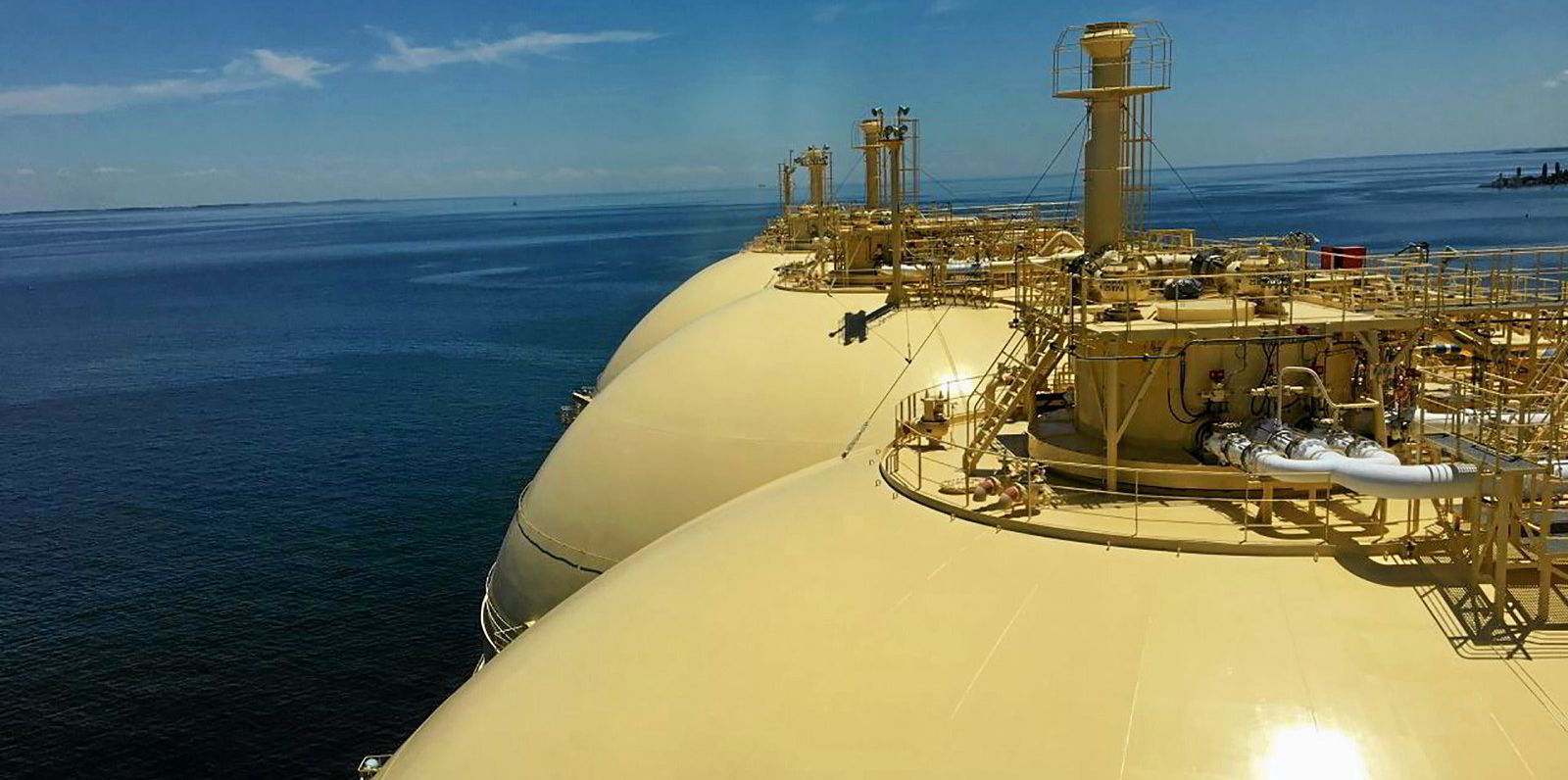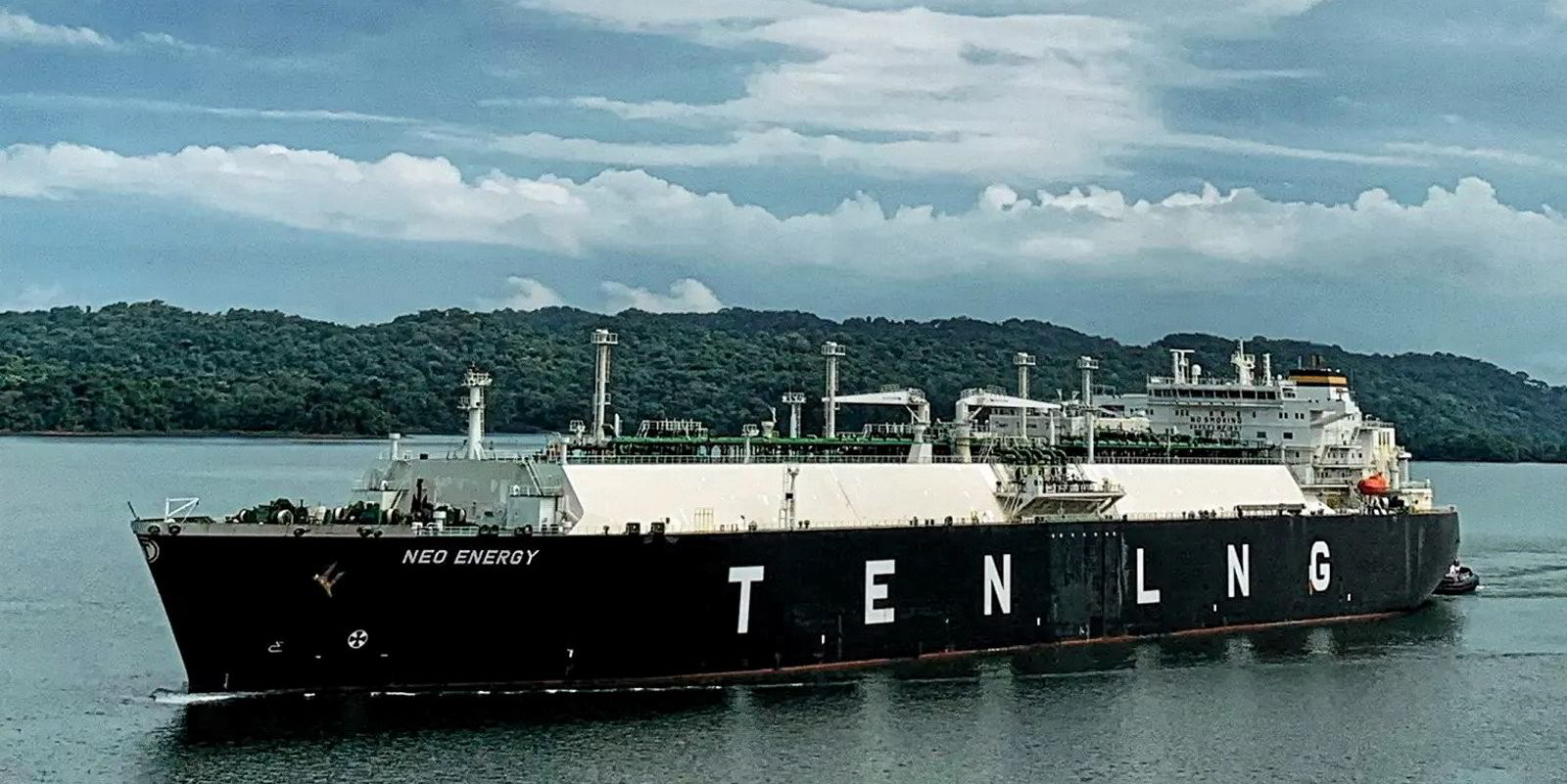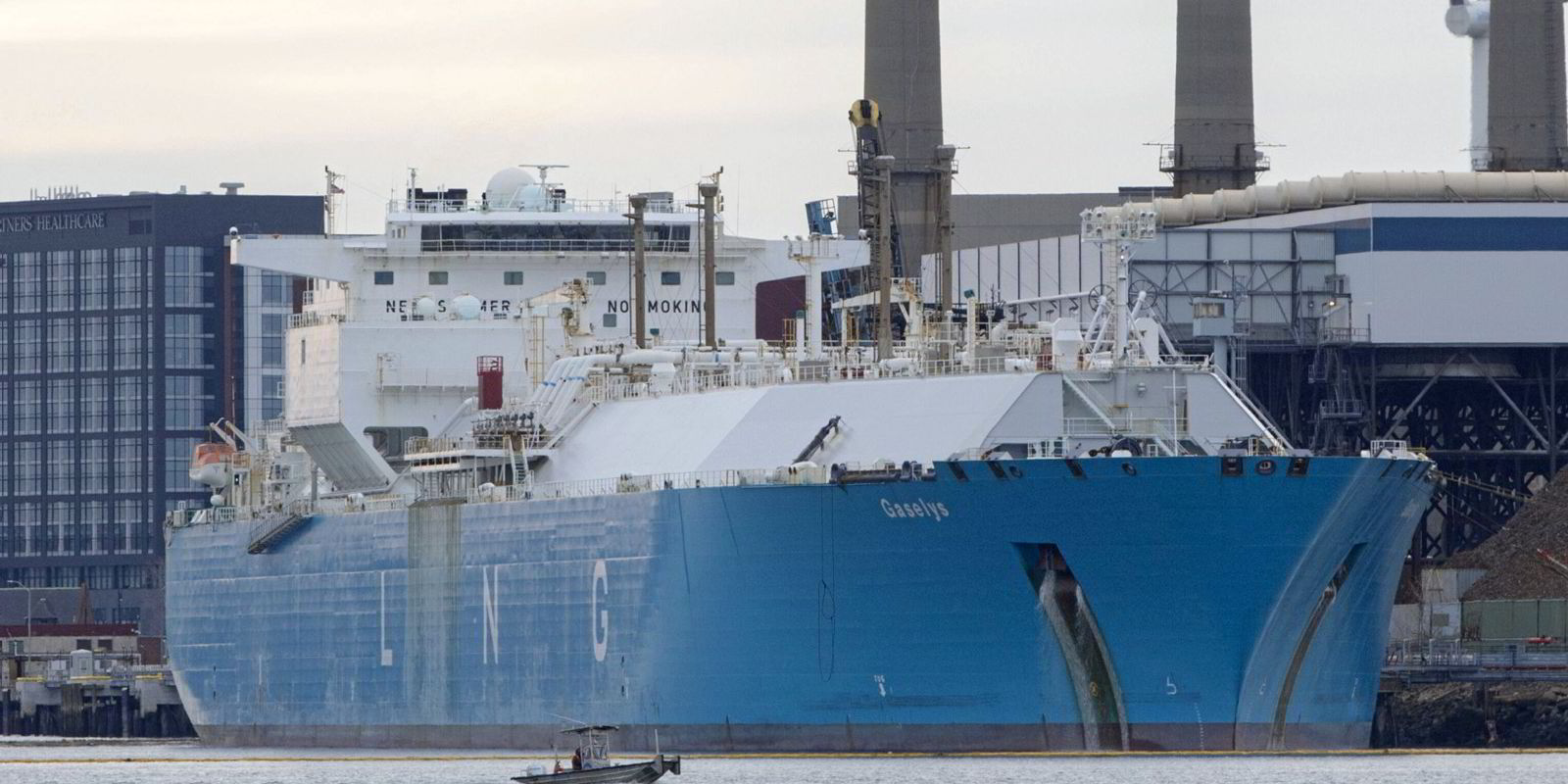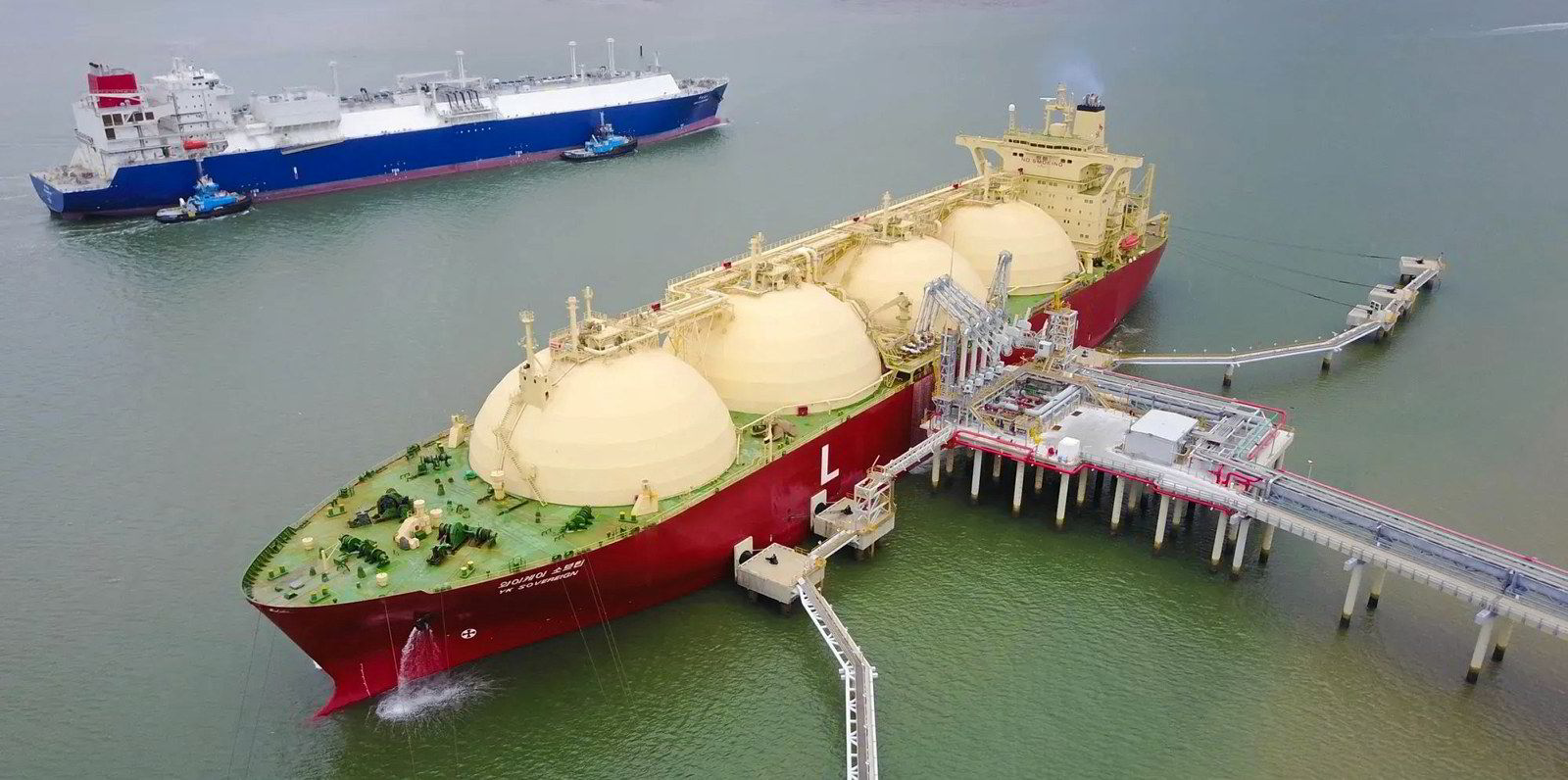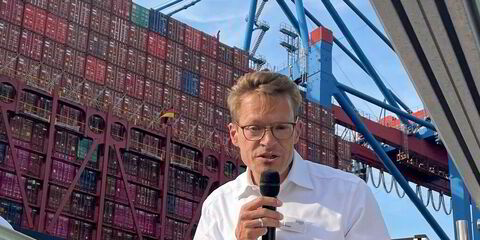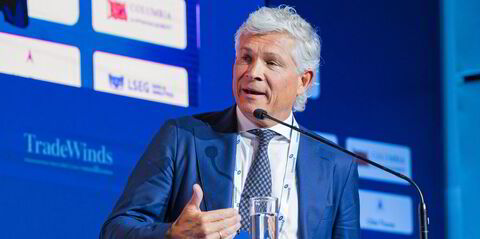Rising interest in secondhand LNG carriers by buyers linked to Asia is prompting questions about how these vessels will be employed.
Players following the sector pointed to several sales, along with efforts to conclude deals on ships that appear to have failed, as evidence of a slightly unusual emerging trend.
They highlighted a strength in some of the prices paid and offered, unexpected competition for certain vessels and a blurriness around exactly how the ships bought will be deployed.
This comes in a charter rate environment in which LNG steamships are earning levels in the $20,000s per day for spot voyages and rates in the $40,000 per day region for term business.
In the past few weeks, it emerged that Greek owner Capital Gas had sold its 137,200-cbm steamship Trader IV (built 2002) to Chinese buyers for about $40m.
Brokers described the price as “high” for a 22-year-old vessel.
The Equasis database lists the new owner as Lule One Services with the vessel in the “care of” Nur Global Shipping — an entity based in the Grandstand at the Meydan Hotel in Dubai.
Nur Global Shipping is also listed as the company now controlling the 138,000-cbm LNG carrier Pioneer (ex-Pioneer Spirit, built 2005) on behalf of Zara Shipholding Co.
The ship appears to have been sold to the Dubai-based company in April by Chinese trader Jovo Group, which paid around $37m in 2021 to buy the steamship from Mitsui OSK Lines of Japan.
Speculation has also been swirling about the buyer and future use of the smallest of Stena Bulk’s three LNG carriers that were put up for sale — the 145,819-cbm former Stena Blue Sky (built 2006).
The ice-class vessel was sold in April for more than $65m, to what were described as Vietnamese buyers. It was said to be destined to serve as a floating storage unit.
The ship has been renamed Blue Dragon 1 and is listed as under the ownership of a Seychelles-based company called Chinmuixo.
Several brokers highlighted the 140,600-cbm steam turbine Golar Arctic (built 2003), which was earlier understood to have been under negotiation with Chinese interests.
But brokers said the deal failed, citing “know your client” issues in connection with the sale.
A possible sale of the 21-year-old vessel is now believed to be going ahead with another buyer.
Talk continues to rumble around the market that Tsakos Energy Navigation’s 149,700-cbm Neo Energy (built 2007) is close to being sold. But brokers said the sale has not been without hiccups.
TradeWinds reported in April that the Neo Energy was under negotiation with a Dubai-based buyer at a strong price close to $80m, given its slightly larger size than other steam turbine vessels.
Brokers said around 13 LNG carriers have been sold on the secondhand or demolition market in 2024 and at least three more are under discussion.
They commented that Asian buyers appear to be among the most interested parties.
Aside from those that are more difficult to identify, brokers said some interest appears to be for LNG storage, conversion projects or regional trades.
Indonesia was highlighted as a country where buyers might need to buy their own tonnage to meet cabotage rules.
There appears to be less clarity about the buying interest from China.
The flow of secondhand LNG tonnage, and in particular the steam turbine vessels that rank as the oldest in the world fleet, is expected to speed up, and brokers report that they are fielding more questions from owners about how to proceed with these vessels.
Steam turbine LNG carriers are redelivering from long-term business but are then become uncompetitive for trading due to their small sizes, inefficiencies and inability to meet emissions regulations and targets.
